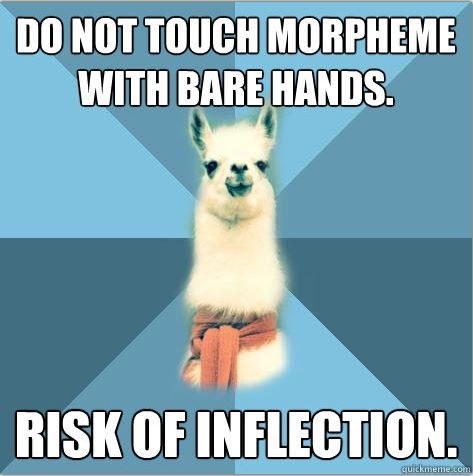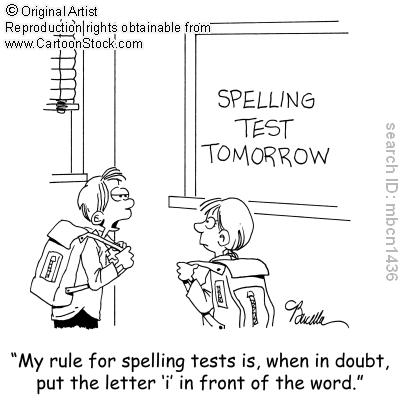SLP Corner: Speech Therapy Jargon: Speech & Language Terms
This is a great blog post/article to share with the parents/guardians of your kiddos! Thanks to Speech Buddies for sharing it with us!

When you’re new to the world of speech therapy, learning the new terminology can be overwhelming. Always ask your child’s speech-language pathologist (SLP) to rephrase something if you have trouble with it. You can also stop by your local library and pick up some books on speech therapy. Many speech therapy books offer a simple breakdown of the basics. Here’s a quick reference guide to help you get started sorting out the terms. You can also review our previous post on speech therapy acronyms.
Articulation
This is often used as a general term to describe the pronunciation of sounds. A child with an articulation disorder might skip certain sounds, substitute them, or distort them. Articulation also refers to sounds that are produced with the lips, tongue, and teeth, or “articulators.”
Delay
A speech or language delay means that a child is progressing at a slower rate than other children in his age group.
Disorder
A speech or language disorder means that a child is developing speech and language abnormally. It refers to atypical language usage.
Dysfluency
Speech with an irregular flow. Certain sounds may be improperly elongated, airflow may be interrupted, and sounds, words, or phrases may be improperly repeated.
Echolalia
A repetition of words that occurs without meaning and in imitation. For example, a child might repeat a slogan from a commercial in a situation in which the slogan makes no sense. The imitation may occur immediately after the stimulus or later.
Fluency
Fluency refers to speech that flows smoothly and is clearly understood. Fluent speech is without irregularities like abnormal repetitions.
Functional
The causes of functional speech disorders are usually unknown. That is, they occur without a physical disability. A child or adult with a functional speech disorder has trouble making one or more specific sounds.
Language
Language refers to a set of rules for the expression of meaningful communication. Includes speech, writing, signing, and gestures.
Language Sample
A language sample is a collection of a child’s communication that a speech therapist will use to assess a speech disorder or delay.

Image source: anongallery.org
Morpheme
A morpheme is a meaningful part of language that cannot be broken down further. For example, “tree.” A bound morpheme is part of a larger word. For example, the “ing” on “hiking.”
Organic
A speech disorder with a known, physical cause. For example, a stroke or brain injury may cause a speech disorder.
Phoneme
The smallest possible sound. For example, the phonemes “m” and “n.”
Phonics
The relationship between spoken sounds and written letters. For example, “phone” sounds like “fone.”
Phonological Awareness
The awareness of sounds (both written and verbal), how they go together, and how they may be changed to create new meanings and words.

Image source: cartoonstock.com
Semantics
The meaning of words and language. For example, “I’m so hungry, I could eat an elephant,” is not meant to be interpreted literally. A child with a problem with semantics might not understand abstract language or idioms.
Speech
The verbal method of communication.
Syntax
The rules that govern how words and phrases fit together to create coherent sentences. In other words, grammar.
About the Contributor:
Speech Buddies offers tools for parents and speech therapists to help children overcome speech disorders. Consider using Speech Buddies to make articulation practice fun and engaging for your child.
Please support our contributors and Visit the Speech Buddies Website!
PediaStaff is Hiring!
All JobsPediaStaff hires pediatric and school-based professionals nationwide for contract assignments of 2 to 12 months. We also help clinics, hospitals, schools, and home health agencies to find and hire these professionals directly. We work with Speech-Language Pathologists, Occupational and Physical Therapists, School Psychologists, and others in pediatric therapy and education.
